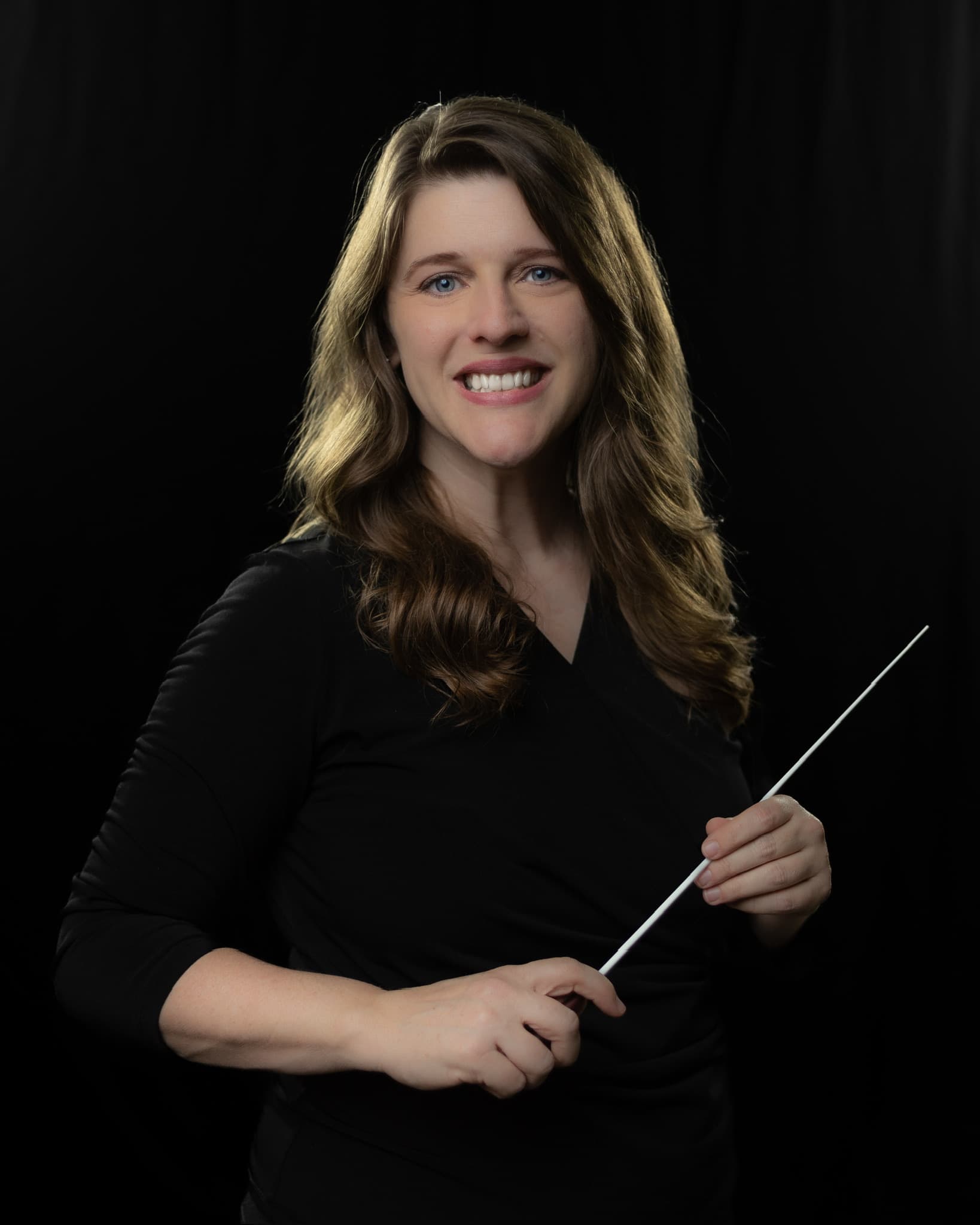Every aspiring musician wants to improve his skills. Certainly, if this describes you, then you are no exception. However, in an effort to hone your craft, you may be asking, “How many days a week should I practice?” The answer to this question as it pertains to you depends on your own individual goals, expertise level, and personal ambition for improvement. This blog post will help you see the importance of consistent practice, the factors to consider when determining practice frequency, and how to tailor your practice routine to maximize your progress.
Consistency is key when it comes to practicing music. Just like any other skill, regular practice is essential for improvement. When you are learning a new instrument, creating a dedicated time to practice will help you develop muscle memory, improve your technique, and expand your musical repertoire. The number of days you should practice will be specific to your own circumstances, but you must consider your goals and the level of expertise you wish to achieve. Additionally, finding the right balance between time commitment and personal motivation is crucial to ensure that you stay dedicated to your practice routine. By tailoring your practice schedule to your individual needs and preferences, you can make the most out of your practice sessions and make steady progress in your musical journey.
The Importance of Consistent Practice
You should make sure you are putting in enough practice time each week if you desire steady progress. Consistent practice is essential for developing your skills and for experiencing advancement. In doing this, you will build discipline and develop good habits that will lay the foundation for a flourishing musical future. Aim to set aside specific days and times where you will be able to focus without interruptions on your music. By dedicating regular time to practice, you allow your brain and body to adapt and improve.
Additionally, consistent practice allows you to build muscle memory and develop technical proficiency. When you repeat musical exercises and pieces regularly, your muscles and neural pathways become accustomed to the movements and patterns involved in playing an instrument or singing. You will be able to perform with greater accuracy, speed, and ease. Without consistent practice, your progress may be slower, and you may struggle to execute complex musical passages or techniques. With consistent practice, you can truly harness your musical potential.
Factors to Consider for Practice Frequency
Frequency of music practice will be contingent on your schedule and personal aspirations. For some musicians, they find that longer practice sessions three to four times a week work best for them. Others find the frequency of practice to be more beneficial at five or six times a week. However, it is essential to strike a balance and avoid overexertion, as this can lead to burnout and decreased motivation. The personal goals must be weighed, also. For example, a person desiring to become a professional musician may need to dedicate more time to practice in order to reach his desired level of expertise. On the other hand, if music is pursued as a hobby, the frequency of practice can be adjusted to fit individual preferences and available time.
While consistency is key, it is important to listen to your body and give it time to rest and recover. Taking breaks between practice sessions allows the mind and body to absorb the new skills and knowledge acquired during practice. This helps in retaining information better and prevents fatigue or injury. Ultimately, the frequency of music practice should be tailored so that you are able to keep a healthy and sustainable approach to musical growth.
Setting Goals and Assessing Expertise Level
You should evaluate your proficiency and establish clear objectives to effectively measure your progress and to set achievable musical goals. Your instructor or teacher can assist with this and should be consulted. Assessing your expertise level is crucial in determining how much practice time you should dedicate to music each week. If you are a beginner, it may be more beneficial to practice for shorter periods of time but frequently throughout the week. This allows you to build a solid foundation of good habits. As you progress and become more proficient, you can gradually increase the number of practice sessions and the duration of each session. Reevaluate often with the intent to keep a balance between challenging yourself and not overwhelming yourself with too much practice time.
Setting goals is another important aspect of determining how many days a week you should practice music. Goals are necessary to track your progress and stay motivated. For example, you might set a goal to learn a new song within a certain timeframe or improve your technique by a certain percentage. This would help guide your practice sessions and give you a sense of purpose. Additionally, consider the time you have available in your schedule and any other commitments you may have. Be realistic about how much time you can devote to practicing music each week and try to stick to a consistent schedule. Consistency is key in developing your skills and making progress.
Balancing Time and Personal Motivation
Finding a harmonious equilibrium between time management and personal drive is essential for progressing in one’s musical journey. Regular practice allows for better retention and muscle memory, but it is equally important to listen to your body and mind. Pushing yourself too hard without allowing for rest and relaxation can lead to burnout and loss of motivation. It is important to find a schedule that works for you and that allows for consistent practice while also ensuring that you have time for other commitments and activities. While there is no one-size-fits-all answer to how many days a week to practice, it is generally recommended to practice consistently, ideally every day or at least several times a week.
Tailoring Your Practice Routine
Crafting a personalized practice routine is crucial for maximizing your progress and honing your skills. Consider the duration and quality of your practice sessions. It is better to have shorter, focused practice sessions rather than long, unfocused ones. Aim for practicing in shorter bursts of time, such as 30 minutes to an hour, with breaks in between to maintain concentration and prevent fatigue. During these practice sessions, make sure to focus on specific areas of improvement, whether it be technique, sight-reading, or theory knowledge.
Choosing a dedicated space may be helpful to you. Over time, when you sit down in that space to practice, your mind and body will know exactly how to feel and focus. Create little habits in the practice routine that keep you engrossed. Some may find leaving their instrument on its stand rather than putting it away in its case after every session helps them to ease quickly into each practice session. Perhaps, a favorite song can be played at the beginning of each session as a warmup that helps to set the mood for attentive practicing. By tailoring your practice routine to your specific needs, you can make the most of your practice time and make steady progress in your musical journey.
Final Thoughts
In conclusion, the frequency at which you practice music ultimately depends on your personal goals, expertise level, and available time. Consistent practice is key, but balance is also necessary to stick with it for the long haul. Find what works for you and keeps you motivated and engaged with your music, whether that is through setting short-term goals, seeking feedback from others, or exploring different genres and styles. Remember that practice should be enjoyable and fulfilling; do not be afraid to tailor your practice routine to your individual needs and preferences. Experiment with different practice strategies and techniques to find what works best for you. There is a saying that goes, “Plan your work, work your plan, and don’t get sidetracked.” Lakeside School of Music instead says, “Plan your practice, practice your plan, and don’t get sidetracked!”
When you make purposeful, intentional decisions about your practice routine, you will discover the joy of consistent progress as you steadily move toward your ultimate musical goals.

A native of Florida, Cindy grew up with a rich family history of music. Starting with piano at age 9, she added flute and other instruments to her repertoire in junior high. She made all-county band and played piano for her school’s jazz band and show choirs. Throughout her teen years, she also had opportunities to perform in her local community in churches, assisted living facilities, plays, and productions. While pursuing her college degree in education, she traveled as the pianist for a college-sponsored singing group in 48 states over five summers. She has now been teaching music, including instruments and voice, since 1995. She has instructed students of all ages and skill levels, and many of her students from decades past now are teaching their own music students.

